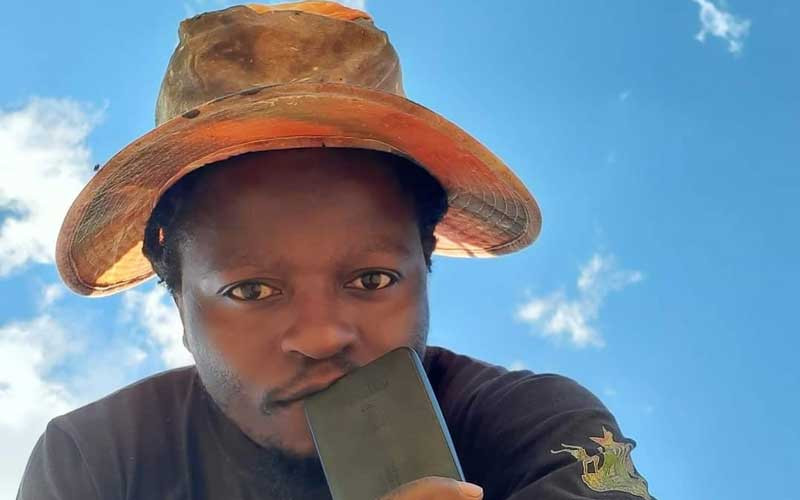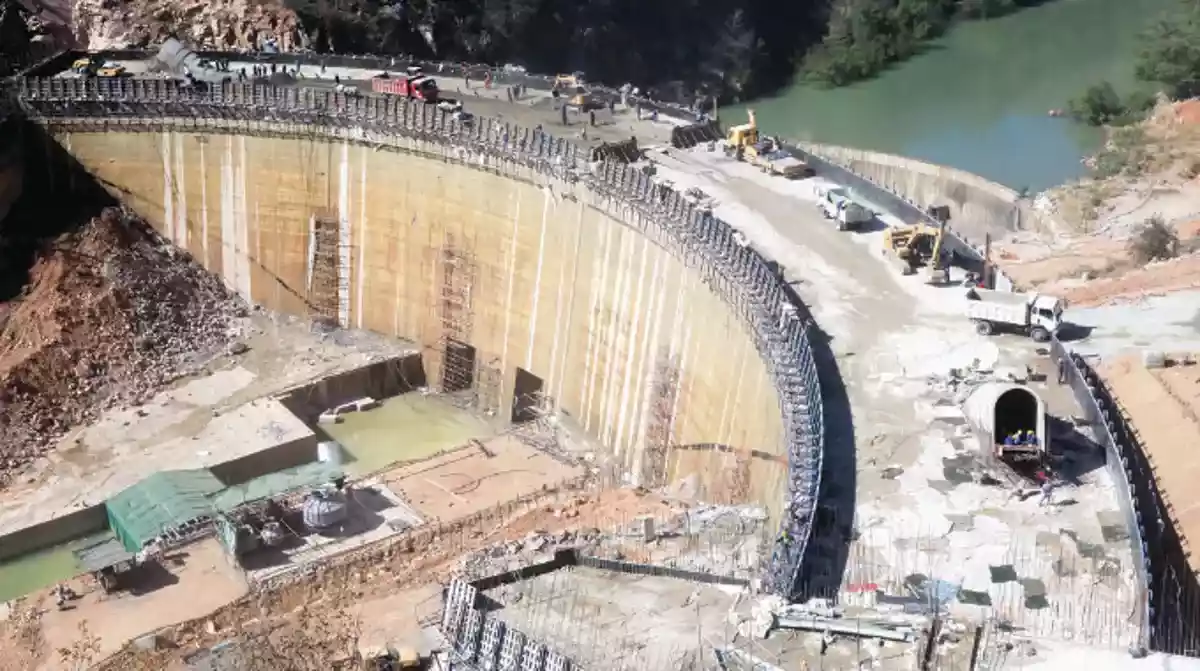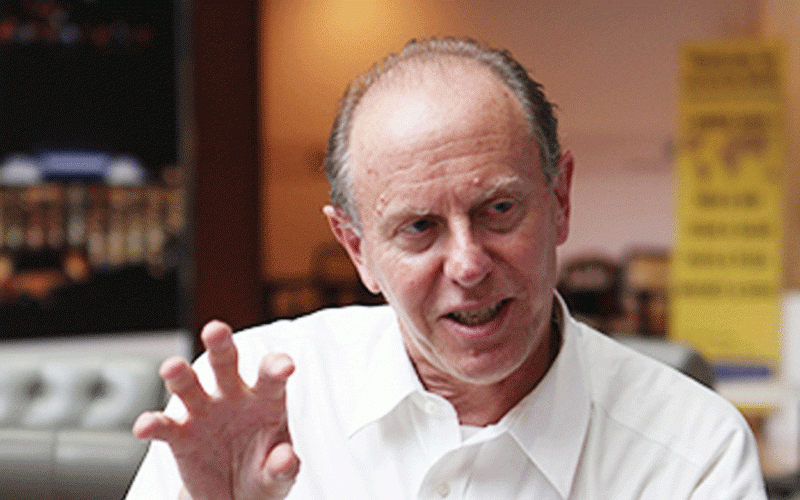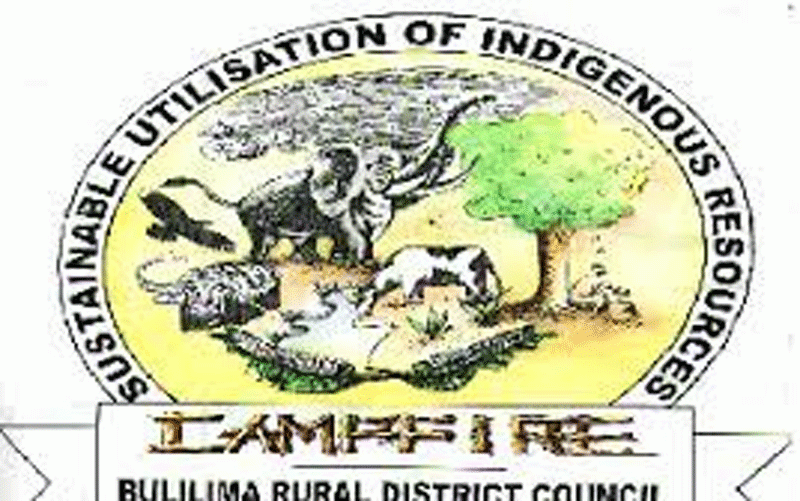
MASVINGO — Frustration and the failure to strike a deal to go and work in the United Kingdom’s care industry a few years ago drove Mduduzi Oba Moyo to the brink of suicide.
This was after the young man had helped many others secure lucrative contracts in the United Kingdom while fate refused to smile on him to clinch a similar deal and escape the economic hardships of home.
Moyo told Southern Eye On Sunday that he literally lost everything at that time, including his truck and several cars and headed to a cemetery in his home town, a bottle of whisky in hand, with the intention of ending his own life.
“I slept with the bottle of whisky on top of one of the graves and dreamt of white people coming to bury their loved ones,” he recalled.
“When I woke up, I cleaned the grave where I had been sleeping. The daughter of the person in the grave arrived and said she had last visited the grave 16 years earlier.”
That is how Moyo’s passion to clean and restore graves battered by the march of time began, and he has since made that his life’s commitment.
“Much of the work is done for free, especially in the Rhodesian military graves and early settler graves,” he said.
“I do however have private consultations where a family can approach me and ask me to maintain their graves. It helps me to feed my passion.”
- ‘I clean graves for fun, passion…’Young man finds fulfilment in restoring colonial graves
Keep Reading
Zimbabwe has several colonial gravesites scattered across the country including the Masvingo (former Fort Victoria) cemetery, Zvishavane Cemetery and Pioneer Cemetery in Harare. Some of the graves in Pioneer Cemetery have fallen apart due to the passage of time, with the earliest burials having been conducted in the early 1900s.
Moyo said he would be interested in helping in the maintenance of entire cemeteries and even turn them into memorial parks and natural habitats for plants and small animals.
“There a lot of places with rich history that are just lying idle, which can be turned into theme parks,” he said.
“I have been planting succulents and trimming down grass making sure the place is habitable for nature.”
Moyo said the maintenance of cemeteries was not only important in the preservation of history, but helped create earth-friendly ecosystems that benefited the environment.
“I have seen a lot of flora and small animals in these spaces and if properly managed these can be safe green spaces for humans and nature,” he said.
Moyo said his work was mainly self-funded, driven by the desire to restore entire cemeteries, and with enough support, he could do more.
Although he said his wife and a handful of friends had thrown their weight behind him, he had also lost some acquaintances who found his “obsession” with graves quite creepy.
“I have lost some acquaintances because of the fear of graves and some people, with the African mentality of kuromba has been labelled on me by some,” he recalled.
But Moyo said death did not have to be a sombre topic and he loved discussing about eath.
“I have managed to demystify the topic of death and helped families rekindle memories of their departed. I have listened to people pouring out their innermost emotions about a departed brother, father, sister, soldier friend or cousin. This work is always an emotional journey and includes sadness and tears,” he said.
“After all is said and done, it’s the sense of purpose that we get as a team when a family comes back to say thank you. Nothing beats that.”
African tradition has always frowned upon tampering with graves — especially those in which the remains of strangers are interred — but Moyo said what mattered were “genuine intentions” in tending to graves.
“I believe in the law of reciprocity; the graves and nature respects what respects it. We are taught to honour as we grow up and this applies to those you are related to and those you are not, so as a grave cleaner I have no problems with having known or not known the person in the grave,” he said, adding that their work was done in accordance with the Cemeteries Act (Chapter 5:04).
“It is important to be conscious of the legal implications aligned to whatever one pursues.”
While some religions were more concerned with the eternal fate of a deceased person’s spirit rather than their mortal remains, Moyo said the focus of his occupation was “on grave and legacy of that person, not the body”.
“For me a grave is a special space especially when you have a given group of individuals who can relate or connect with that grave, which takes us back to the element of honour. The Bible commands us to honour. There is a blessing that comes with that command. This is why we have dead people’s faces on money, memorials and monuments,” he said.
Moyo has worked with people belonging to various religions and races and while there were differences in how they handled the dead, what united all of them was the honour accorded to their departed.
The restoration of graves, Moyo said, went beyond giving the burial spaces a facelift, in some cases with a dash of paint to make the tombstones almost new again, but was part of honouring notable individuals.
“The funding of any project that seeks to celebrate and honor the departed of any given society are quite commendable in my sight,” he said.
Moyo has become a historian of sorts as, in many cases, whenever he posts pictures and videos of his work on his Facebook timeline, they are often accompanied by well-researched information about the individual in the grave.
This is particularly fascinating about those that fought in World War II, and those who contributed significantly to the building of Rhodesia.
Moyo attributes that aspect of his work to his mother.
“I was raised by a librarian so the culture of reading and researching has always been at the fingertips,” he said.
I would define myself as an avid researcher who has been given praise by historians and those in genealogy. My mother is a librarian so I grew up in an environment of books.”
Moyo said he believed in retelling and preserving history as it was important for people to preserve their past.
“Our efforts seek to demystify social constructs that make us forget the human behind that farmer, soldier, or housewife. Death is a human ritual that no one will avoid. It just differs in the manner in which it arrives at your doorstep,” he said.
Paying attention to detail in this line of work is critical, according to Moyo, and that included the types of stones used on various headstones.
“It’s important to remember that headstones are lasting symbols that are erected by families after having put serious thoughts and resources to it. Therefore paying attention helps in the process of not only cleaning but preserving the headstone,” he said.
Moyo said he worked with the History Society of Zimbabwe, as well as the Jewish and Muslim communities whenever they wanted their graves cleaned or fixed. The Jews and Muslims have dedicated sections within different cemeteries.
Tending to colonial graves has seen Moyo strike relationships with the surviving spouses of those whose graves he has worked on.
“I have had the privilege of befriending some of these Rhodesian women, and there are a handful of life lessons that I have learnt from them. Rhodesian women loved and knew their gardening, they also supported their men to the end. It’s the wife who can either stir the greatness in a man or crush him to the last smallest bit. I do hope that the younger generation are taking down notes, most of these mentors are fast crossing the rainbow bridge.”
Beyond the pictures of the gravesites Moyo has worked on and the narratives about the occupants of the graves, his Facebook page is also a reservoir of significant historical information, including how funerals were conducted in Rhodesian from the 1890s to the 1970s
Moyo said they had also been planting native succulent species, many of which are in high demand for ornamental use by collectors, in the Masvingo cemetery.
“Hardy succulents are suited to graves that have borders and bare earth in the middle, within these borders we are planting succulents to give the graves a brighter look,” he said.
“Most, if not all, of the wisdom I have about plants has been from the Rhodesian ladies. Many of them are amazing gardeners. Some research has asserted that succulents are known to bring in the energy of abundance and prosperity as they thrive in extremities of arid climates, retaining their life and watery sap.”
With the dream of relocating to Europe having been buried in his new passion, Moyo said he was calling on potential stakeholders to join hands with him, including civic organisations with a passion for history, the environment and the creation of green spaces and conservation to work with him.










